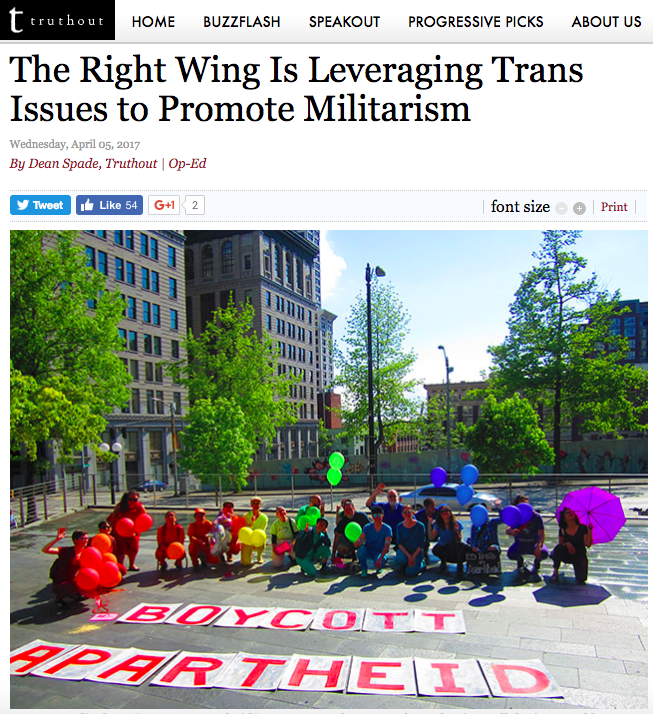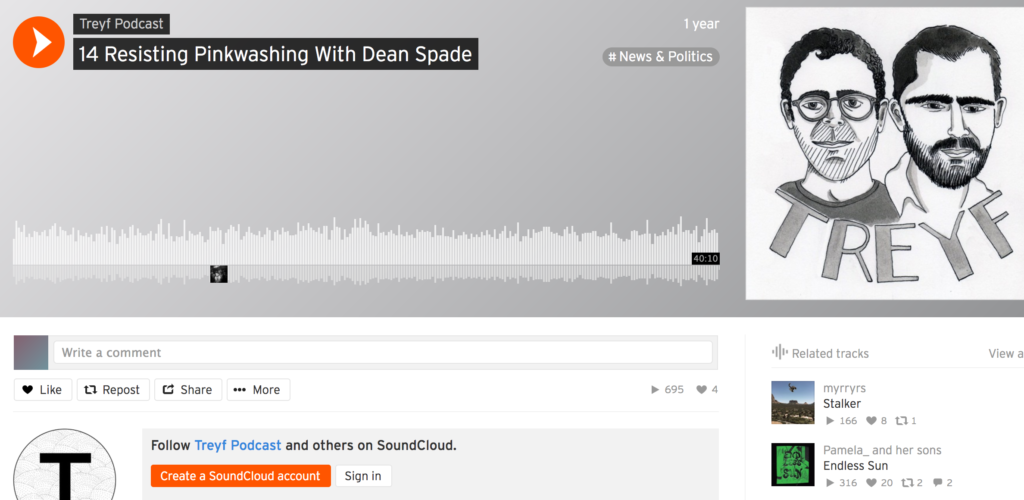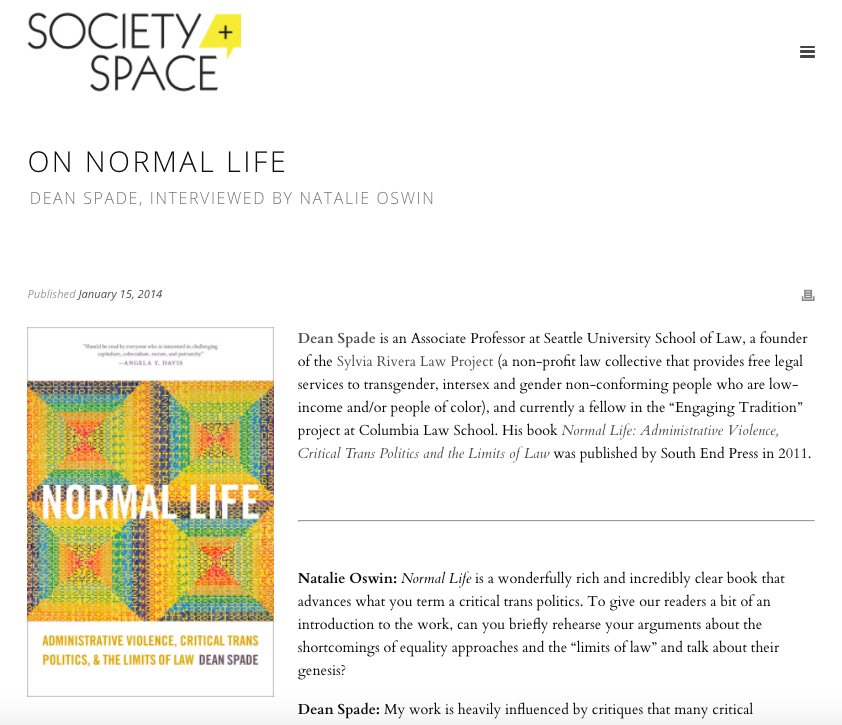Had a great conversation with Laura about this f*cked up time we’re living in and how we can have each other’s backs, care for each other, and raise hell together.
New Podcast Interview: Mutual Aid Podcast
I was thrilled to be the first guest on the new Mutual Aid Podcast. Very fun conversation with people who are deeply engaged with mutual aid work and coming from non-US locations. You can listen here:
Conversation with Susan Stryker Hosted by Them
Grateful to Wren Sanders and Them for inviting Susan Stryker and I to this conversation about how to navigate this terrifying moment of the second Trump presidency, including advice for campus activists, reflections on trans history, and more. If you visit the page where they posted about it and scroll down you can find some cute clips of the conversation.

New Tool: Cultivating Solidarity in Times of Escalating Repression
I’ve been working on this new tool about how to respond to escalating repression without falling into classic anti-solidarity traps with Community Justice Exchange, Jocelyn Simonson, PIlar Weiss, Atara Rich-Shea and Zohra Ahmed since last year, and we’re excited to share it! You can find the entire tool at bit.ly/cultivatesolidarity. Check out the video from our launch event below.
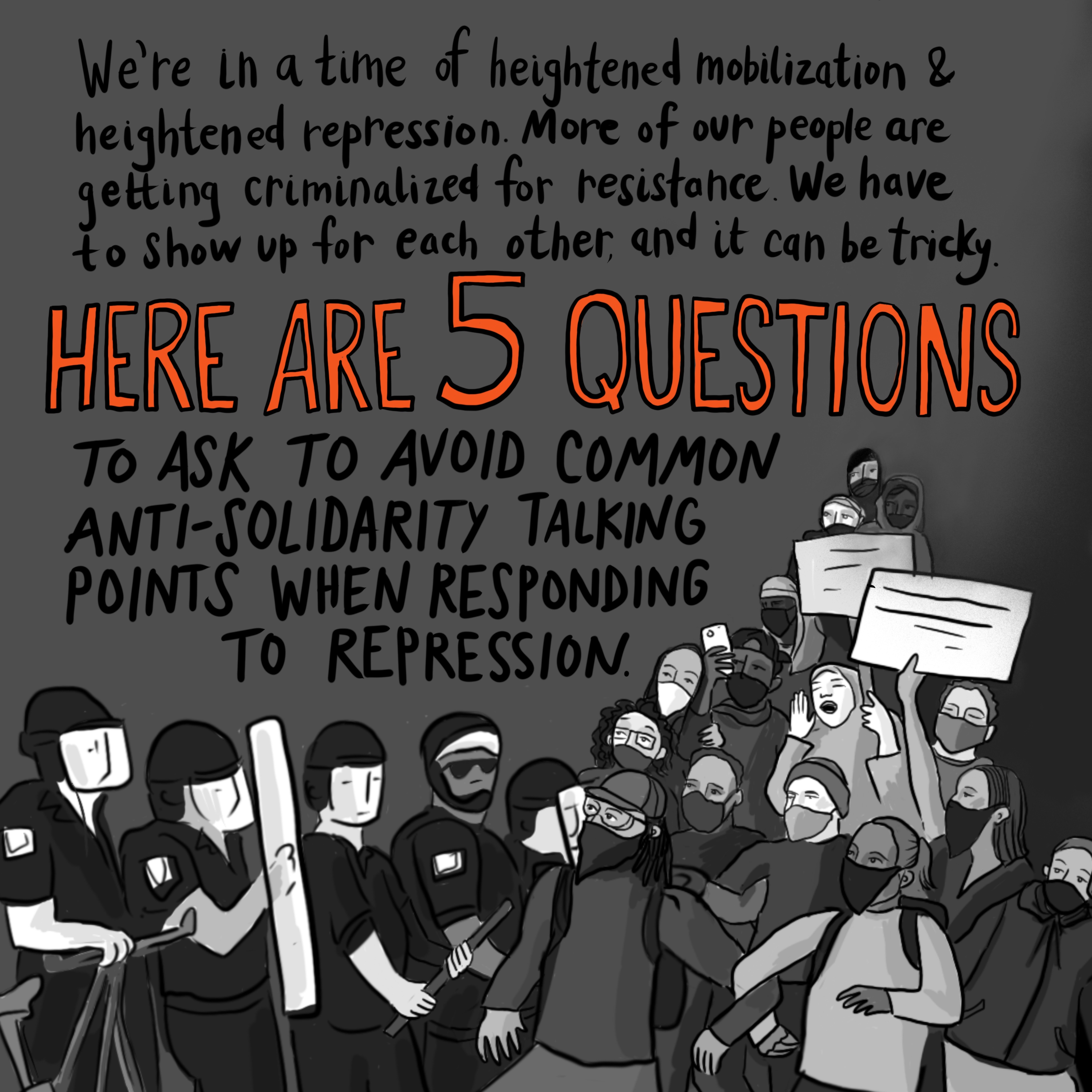
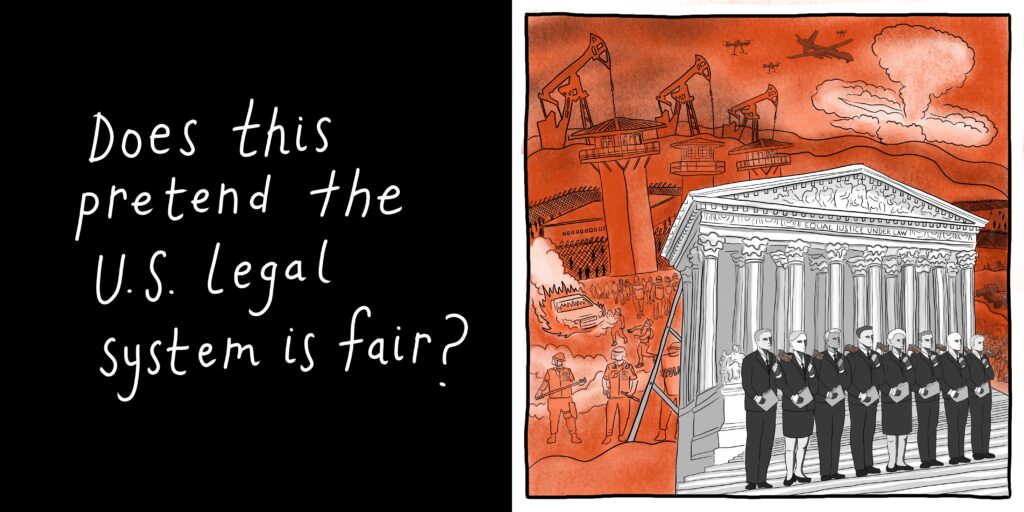
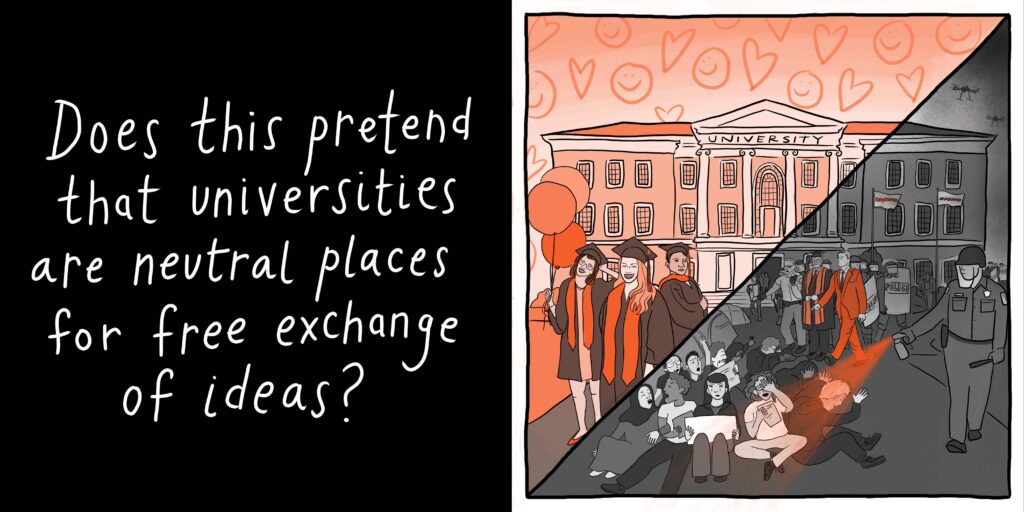
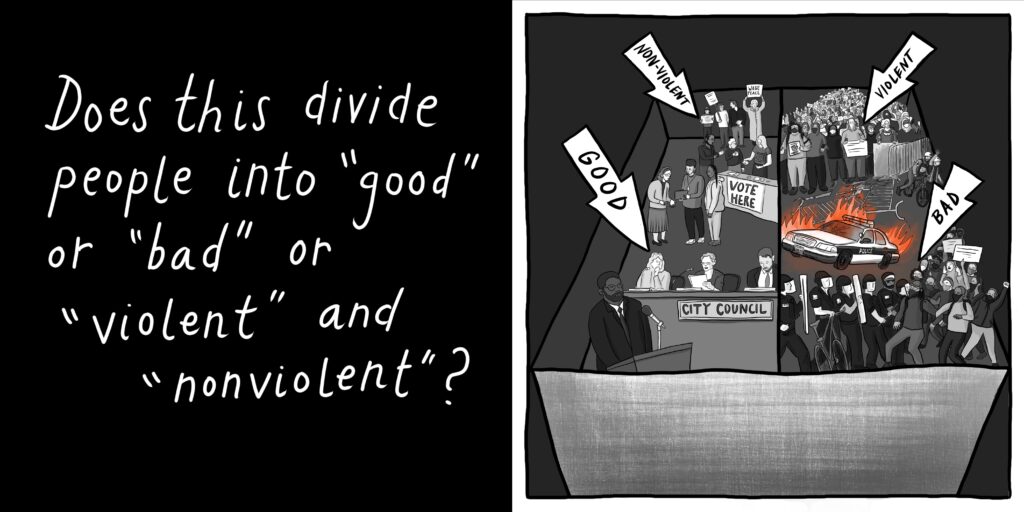
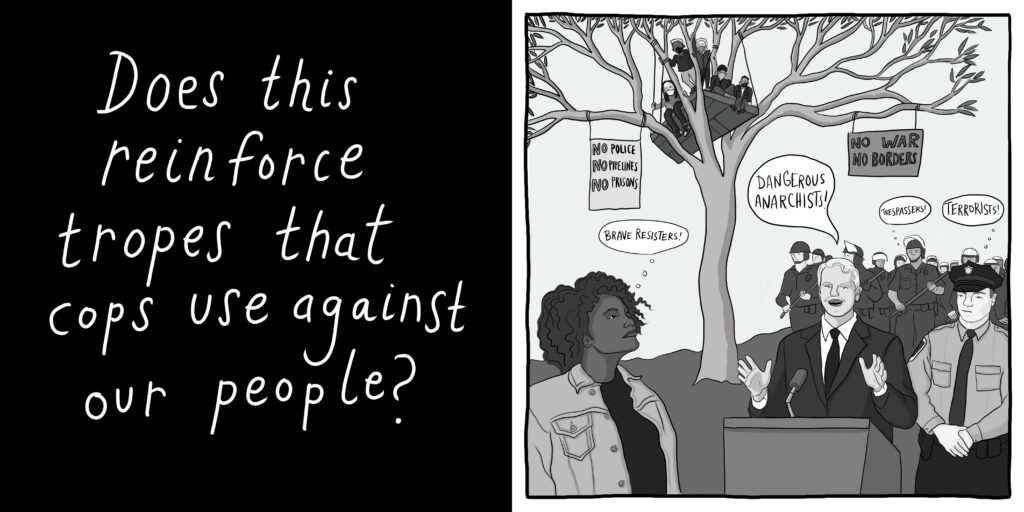
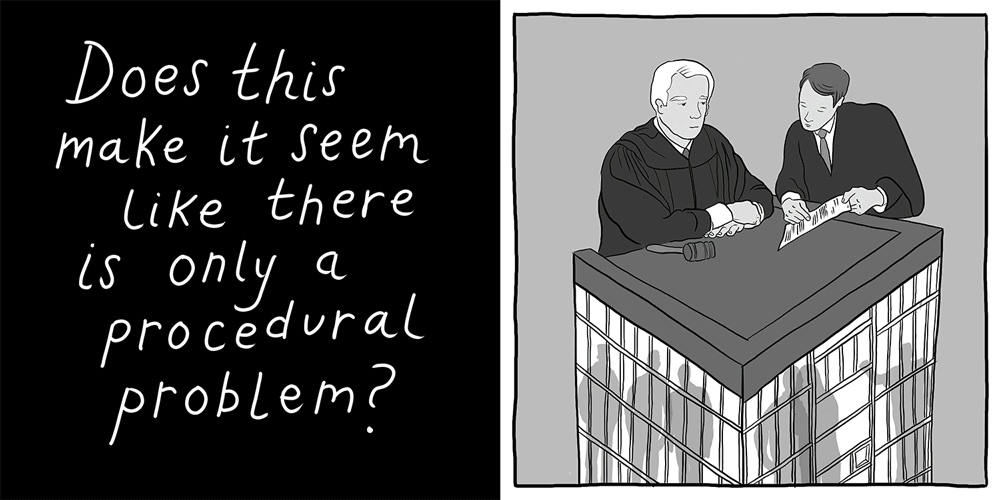
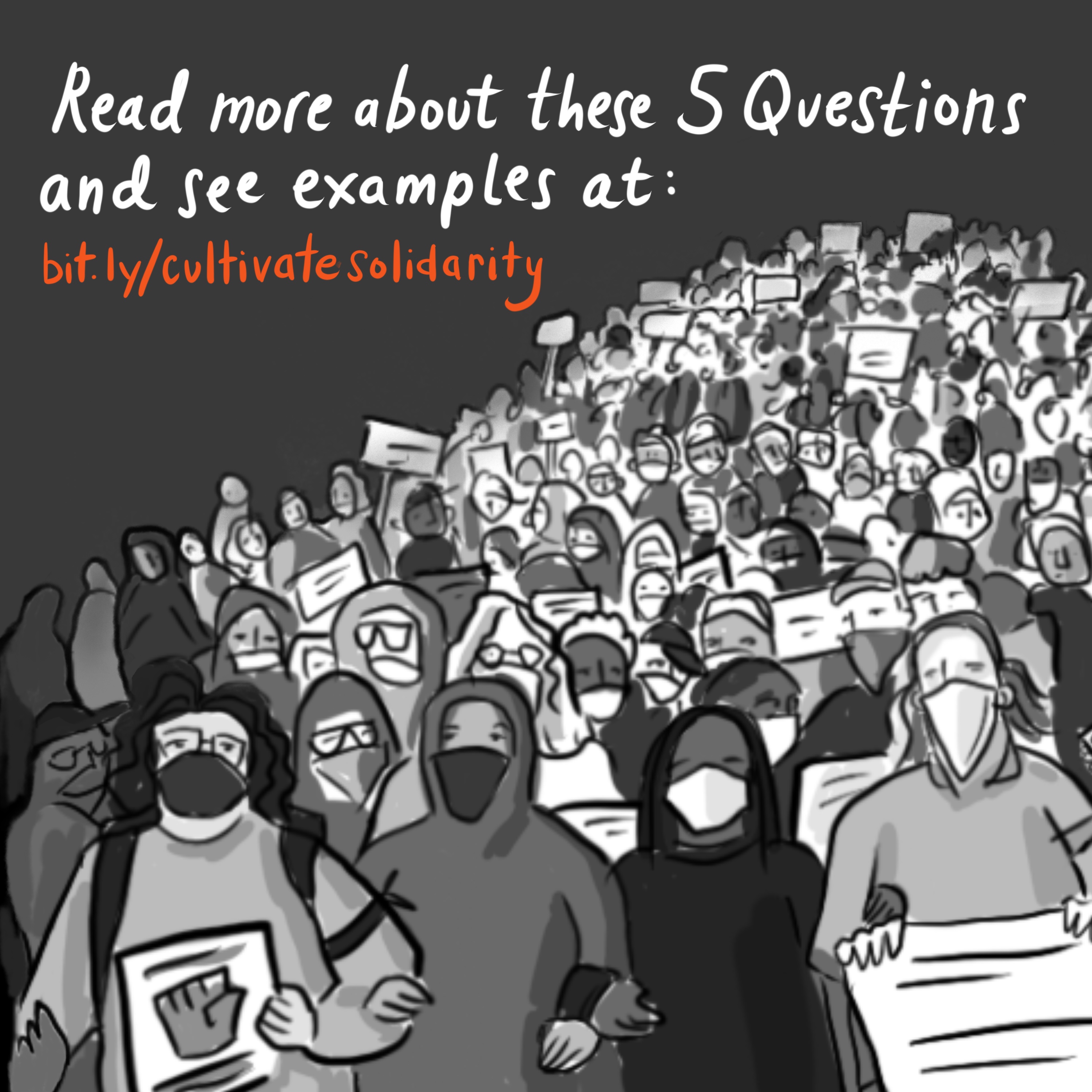
Recent Events: Recordings to Watch!
Check out these three videos of recent panel events I was part of.
This panel at NYU’s Center for the Study of Gender and Sexuality was a truly interesting conversation. And there was accidental outfit coordination between panelists.
This event at San Francisco State was a showstopper, featuring so many brilliant thinkers talking about queer justice, colonialism, war, and pinkwashing.
I was honored to be the keynote trainer at Movement Law Lab’s final session in their Build Power, Fight Power online course, in which thousands of lawyers and law students participated over several months. In this talk, I provide a basic rundown of the limits of law and lawyers to social movements, and the potential for us to participate in ethical, transformative ways.
Finally, this event with the Yale Undergraduate Prison Project about queer and trans abolition politics is not to be missed!
My Latest Writing on Pinkwashing: The Right Wing Is Leveraging Trans Issues to Promote Militarism
I wrote this article on the dangerous ways the right is using trans people to promote right-wing security and military agendas alongside its violent backlash against trans people. Among these tactics is the Israeli government’s “Brand Israel” campaign developed over a decade ago to promote a positive public image of Israel, foment anti-Muslim racism, and distract from Israel’s brutal occupation of Palestine and apartheid regime.
Excerpt: “[T]he use of a thin LGBT inclusion politics to make the Israeli or US military appear progressive is becoming a losing strategy. Resistance to pinkwashing is rising, and each controversy exposes new communities to the critique of this propaganda. A growing number of Jews in the US, especially young people, are becoming critical of Israel. The Movement for Black Lives has made its solidarity with the struggle for Palestinian liberation clear, helping many people in the US see the connections between US and Israeli racism and state violence. Cross-movement organizing between Indigenous people in North America, including Water Protectors, and Palestine liberation activists is helping people see the links between US and Israel as settler-colonialism.”
Resist Pinkwashing in Seattle NOW!
Interview about Pinkwashing on the Treyf Podcast
Pinkwashing Exposed: Seattle Fights Back
Interview: On Normal Life
Here is an interview I did with Natalie Oswin on Normal Life for Society and Space.
